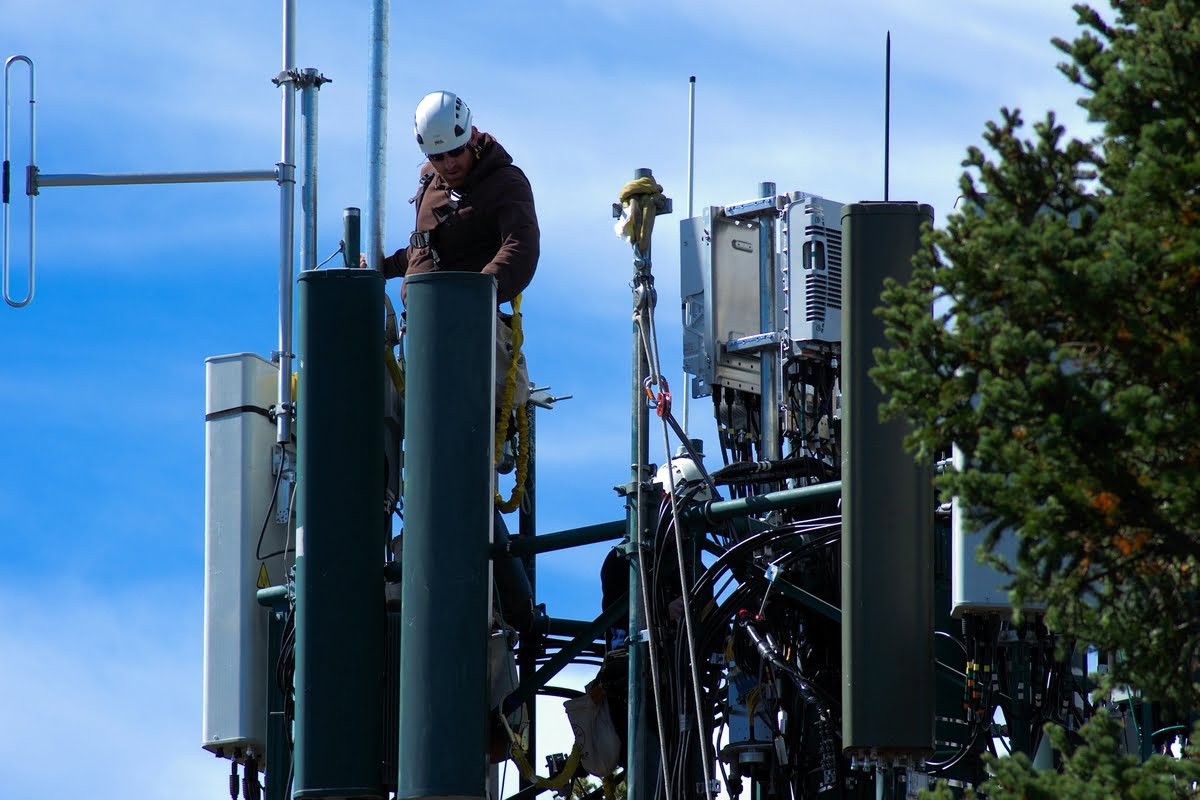
Indian telecom operators are “much more aggressively” trying to “reduce their dependence” on Huawei, says Gary Smith, chief executive officer at Ciena, a networking systems, services and software company. Smith in the second quarter earnings call on Thursday said that the company has “seen a lot of activity around the major carriers” in India “wishing” to reduce their dependence on Huawei. Further, Smith said that the company has “won more than our fair share of those deals” but that Ciena has “not yet deployed” its orders due to the COVID related challenges in India.
European Telecom Operators Taking Time to Move Away from Huawei
The Ciena CEO said that the Indian telecom operators are “probably more aggressive” as compared to the telecom operators in “other parts of the world” in trying to reduce their dependence on Huawei.
“The main region to date has been Europe where you're seeing a slow migration or a reduction in dependency upon while it largely being run initially out of the RAN business where they're seeing it first, and then getting to the core infrastructure,” Smith said in the second quarter earnings call. “So that's taking time, and that's a dynamic that I think is well understood and talked about.”
In the long term, Jim Moylan, the chief financial officer at Ciena in the second quarter earnings call said the “Huawei dynamic is positive” for the company. However, the Ciena CFO said that the company has “always been” cautious about “how fast” the European telecom operators can “move away from Huawei” as “it’s just going to take a while.”
“They’re not going to rip and replace in Europe,” Moylan said. “That’s not going to happen.”
Meanwhile, ET Telecom on Thursday citing “people familiar with the matter” said that Vodafone Idea, the third largest operator in India placed an “add-on network order with Huawei.” The publication said that the additional order placed by Vodafone Idea is worth Rs 400 crores to 450 crores and that the order was placed “just before March 10.” It has to be noted that in a notice on March 10 2021, the Department of Telecommunications (DoT) made an amendment to the telecom license agreement, mandating the operators to procure telecom equipment from “trusted sources.” The DoT in its notice highlighted that the amendment to the telecom license agreement will be effective from June 15, 2021.
Ciena on Thursday announced its second quarter 2021 financial results with the company recording US$833.9 million (Rs 6089 crores) in revenue for the quarter ended May 1, 2021. In the previous year quarter, Ciena reported US$894.1 million (Rs 6528 crores) in revenue, translating to an 6.7% year-over-year (YoY) decrease. The company reported US$103.1 million (Rs 752 crores) as net income in its second quarter of the 2021 fiscal year as compared to US$91.7 million (Rs 6695 crores) in the prior year quarter.
Smith in the earnings call said that the revenue from India for the company “still grew sequentially” and also YoY. The Ciena CEO said that the company in India “began to see activity” in early 2021, with the company winning “some new deals” and that these orders were “beginning to be deployed.”
“What happened in the last few months has really slowed all of that down,” Smith said. “We would say from the experience that we're seeing currently, is [that] it seems to be stabilizing and in fact, improving.”
Underlying Dynamics And Demand “Strong” In India
In the recent past, Smith said there were economical and “some regulatory issues” in India and that it had been a “challenge” in the past “two or three years.”
“But the underlying dynamics and demand, I think, are strong,” Smith said. “I think the order activity and RFP (request for proposal) activity continues to be strong as they do their plans, and we're winning more than our fair share of that.”
The Ciena CEO said that the company will “continue to expect India” to record growth YoY in its current fiscal year with “any near-term challenges mitigated by our general geographic diversification.”
“Overall, there remains strong underlying secular demand for bandwidth and automation that drives our business,” Smith said.















